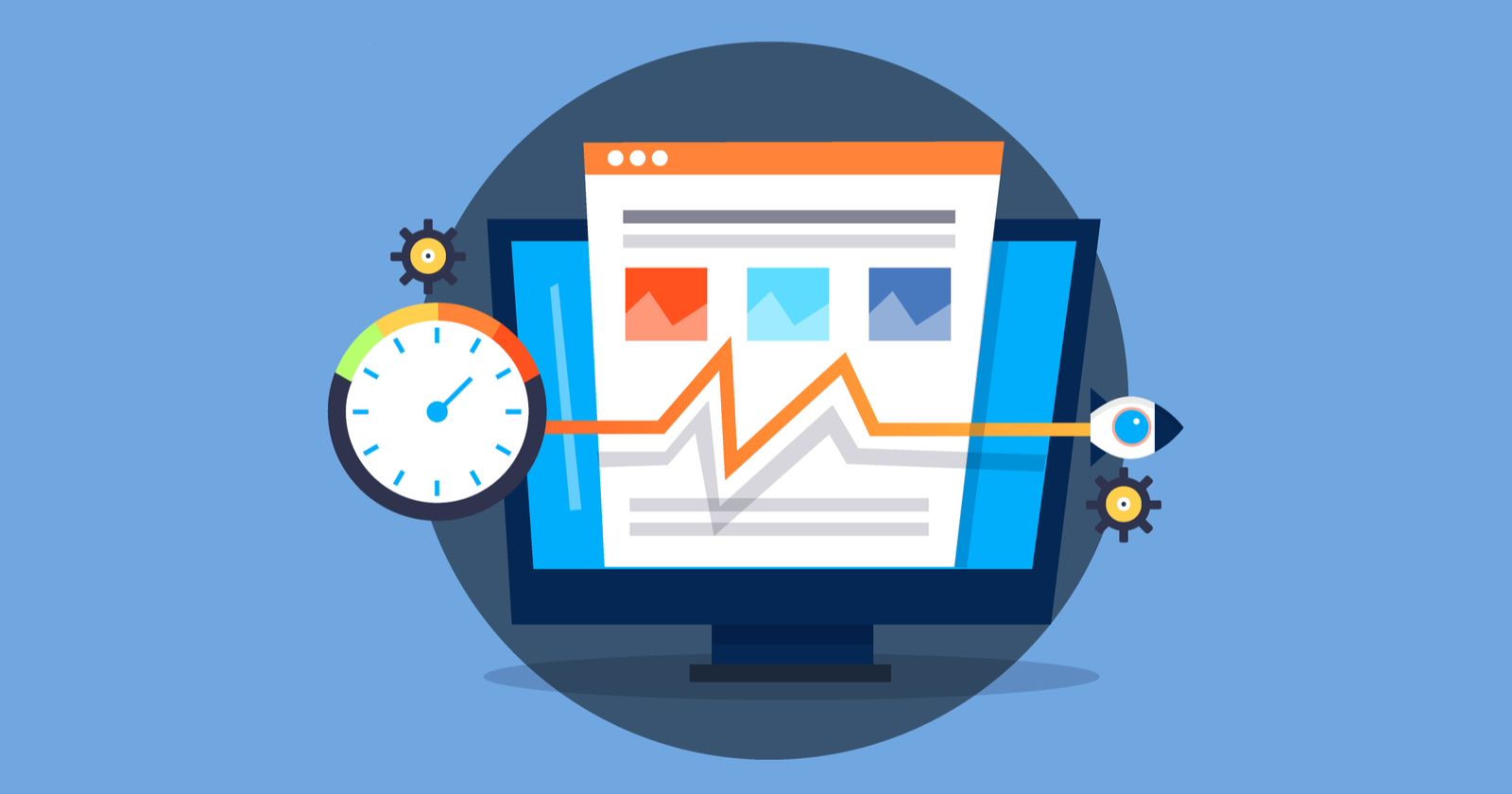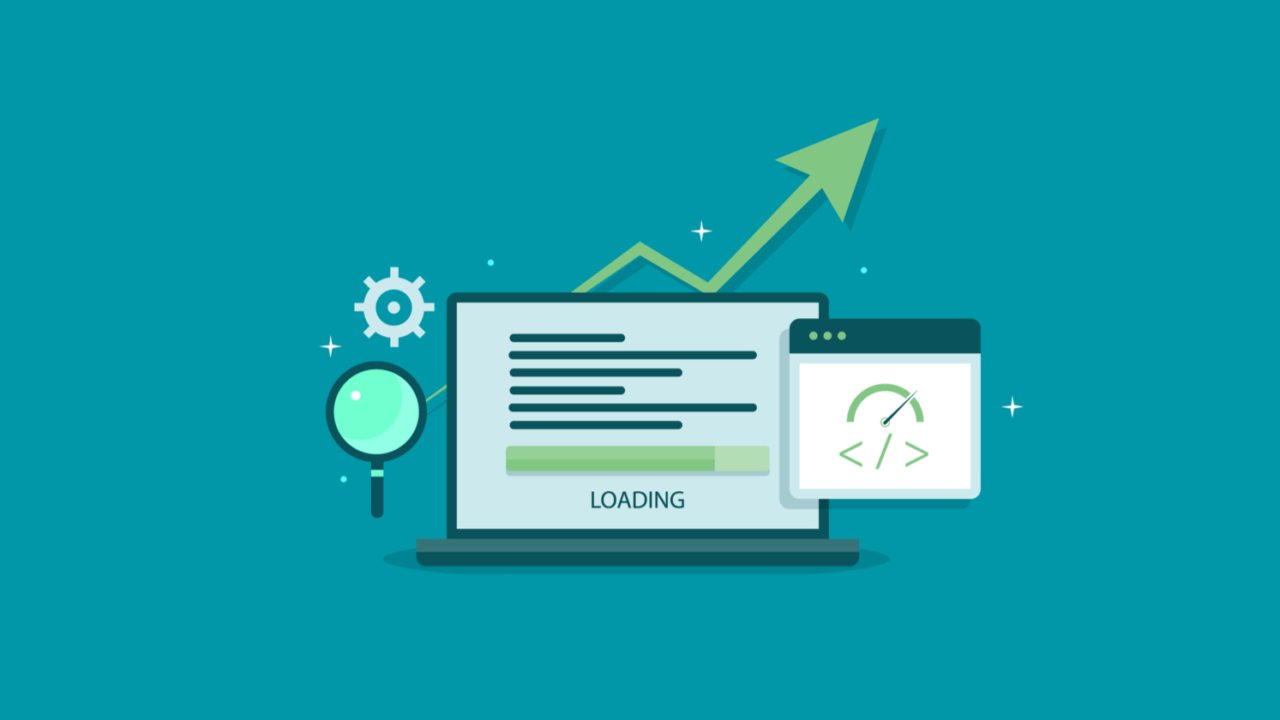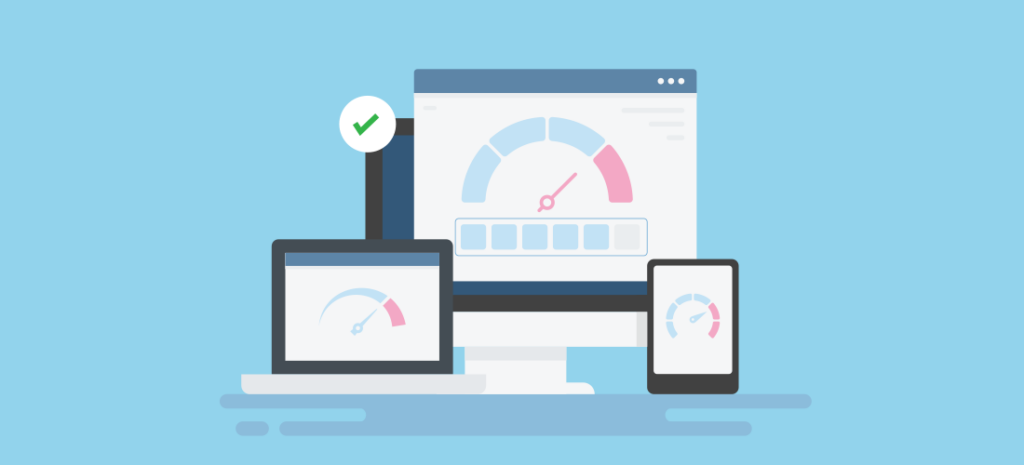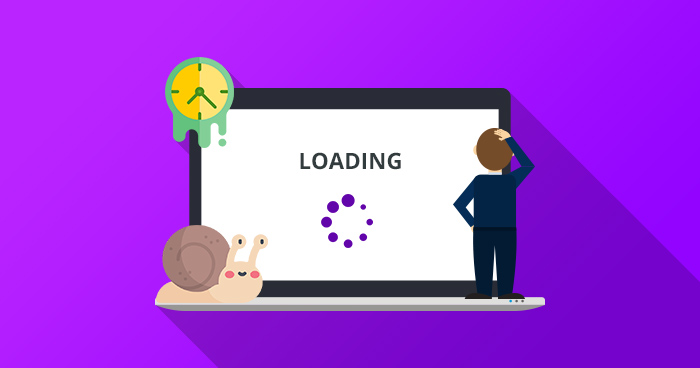Today, people always want to get the best website speeds. That’s why you need to use various website speed testing tools. Many of these tools help you to check the site performance for the web and mobile devices. You can also perform various custom tests with varying levels of complexity on your pages. There are multiple tools available that will provide you with real-time results for your website. In this blog post, I will be giving a rundown of what is a website speed testing tool.
How accurate is the result of a Website Speed Testing Tool?

Many factors can affect the speed of your website. Some factors are beyond your control, but many are within your control. A speed test tool is the only way to know how fast your website is.
Website speed testing tools will tell you how fast or slow your site loads, but it won’t tell you why it’s slow. That’s where the problem lies with most speed tests. They only show you how fast or slow your site is at that moment in time, but they don’t tell you why it’s slow or what needs to be done about it.
The accuracy of a Website Speed Testing tool depends on the tool you are using. Some website speed optimization tools are very accurate, while others are not.
Many factors determine the accuracy of a speed testing tool. One of them is the server’s location where your website is hosted. If your website is hosted in another country, it will take longer for your page to load on computers from other countries. The same goes for your visitors coming from different geographical locations.
Another factor determining the accuracy of a website speed test is how fast your host server is and how short its server response time is. This can be affected by several things, such as bandwidth issues, hardware issues, etc.,
The last factor that affects the accuracy of a website speed test is whether or not you have optimized all the resources on your site, including images, scripts, stylesheets, etc.
Many website speed optimization tools are available today, each with unique features and benefits. Some offer more advanced features than others, but they all provide valuable data to help improve your site’s performance overall.
What is a Website Speed Testing Tool?

Website speed testing tools are software solutions that help you measure your website’s loading speed. They can be used to analyze the overall performance of your website or the performance of individual pages. Most of these tools offer detailed reports about your site’s performance, including a list of errors and recommendations for improving it.
Website speed optimization tools are software solutions that help you optimize your website for faster loading times. They can be used to analyze your site and find any issues causing slow load times, such as broken links or redirects, duplicate content, and more. Most of these tools will recommend ways to fix these issues so that your website loads more quickly for users visiting from mobile devices, desktop computers, and other platforms.
Page speed monitoring is the process of measuring how quickly a website or web page loads. It’s becoming a critical metric for many businesses, especially e-commerce sites. Website speed testing tools often have free and paid versions, so you can get a free trial period to test most of them. It would help if you had a web monitoring tool because they help you identify problems with your website before they become serious issues and cause harm to your business.
Typical website speed testing tools will provide an overall score for your site and identify any areas with problems. These can include pages that take too long to load, broken links or code errors which prevent images from loading correctly, etc. Some tools even allow you to make changes directly to improve performance.
How do I use a website speed test?

Website speed testing tools can be used to measure how fast your website loads. The quicker your site loads, the better it performs, and the more people will use it. It’s not just about bragging rights — it’s about retaining visitors, increasing sales, and improving user engagement.
Website speed testing tools help you identify the issues slowing down your website, so you can apply fixes to improve performance. It’s important to understand that site speed tests measure different aspects of your site, so they may not all agree on which elements are causing the problem.
Web developers typically use website speed tests to optimize their sites. You can also use one if you’re interested in how well other websites perform on different networks and devices. The results can be helpful when looking for ways to improve your site or seeing how others compare with yours.
Does website speed have a significant impact on search engine rankings?

Website speed optimization is one of the most essential elements of your website, and it also significantly impacts your ranking. The faster your site loads, the better it will perform in search engines.
This is because Google and other search engines use page load speed as a ranking factor. This means that they prefer sites that load faster, especially mobile ones. Google has been vocal about its preference for fast-loading websites and has even gone so far as to penalize slow websites in its search rankings.
However, it’s not just about improving your search engine rankings. You also need to consider your visitors’ user experience (UX). Users are more likely to leave your website if it takes too long to load than if it takes too much time for them to read the content on your page. To improve your search engine rankings (and attract more visitors), you should optimize your website for speed. Webpage speed is essential for SEO because it affects visitor satisfaction. People visit sites with fast loading times more often than those with slow loading times. Thus, if you want to increase traffic to your site, you need to ensure that your site loads quickly for everyone who visits it.
If you want to improve your site’s speed, there are many tools that you can use to make this happen. Some of them are free, while others are paid, but all of them offer excellent results.
What are the advantages of using this tool?

Website speed is one of the most critical factors in search engine ranking. It’s also a significant factor in user experience and why users bounce from your site. Website speed testing tools are tools that can be used to improve the speed of your website.
There are several advantages of using this tool:
1. It can help you increase your website conversion rates because it is well-known that visitors who have a good experience when visiting your site are more likely to buy from you than visitors who don’t have a good experience.
2. It can help you save time, money, and resources because of its ability to identify what needs fixing on your website so that you don’t have to spend time trying to figure out what needs fixing on your own.
3. It can help you protect your business from cyberattacks and security breaches because it will enable you to identify any vulnerabilities in the code for your website and correct them before hackers can exploit them for their gain.
Who should use these tools?

Website optimization tools are helpful for anyone with a website, from small local businesses to large corporations. If you have a website, you must ensure it is fast and easy to use.
Website speed optimization tools are helpful for the following people:
Website owners and webmasters. These people are responsible for the day-to-day maintenance of their website. They can use these tools to improve their site’s performance, so they no longer have to worry about it.
Search engine optimization (SEO) professionals. SEO professionals can use these tools to optimize their client’s websites so that they rank higher in search engines.
Web developers and graphic designers. Web developers and graphic designers can use these tools to improve the performance of their sites before launching them online.
End users/customers. End users/customers want fast-loading pages for several reasons: it makes them feel like they’re getting their money’s worth and giving them a good service; it makes them feel like they’re getting better products; and it builds trust between companies and customers, which means more sales overall!
What is the difference between a website speed test and a page speed test?

Website speed testing tools measure the speed of your site as a whole, while a page speed test measures the performance of individual pages.
Website Speed Test: A website speed test will tell you how fast your site loads overall and the resources (e.g., images) that slow it down. The average time it takes for your site to load, known as the “ping,” is one of the most critical metrics for measuring how fast your website performs. If a user has to wait too long for a page to load, they may leave before it finishes loading or even abandon their entire browsing session. Real User Monitoring (RUM) is a tool that helps you identify and fix website performance issues by monitoring how real users interact with your site.
Page Speed Test: A page speed test measures how long it takes for an individual page on your site to load, including any assets (e.g., images) that slow down the process. Each page on your site should be optimized for performance so visitors can navigate through your content quickly and efficiently without waiting too long for each page to load completely.
Understanding why these two tools are different is essential because they offer different insights into how your website is performing. Also, it’s important to note that there are many different types of website speed tests — some free and some paid — so make sure you’re using one that will give you accurate results for your specific needs.
Best Website Speed Testing Tools
| Primary Rating: 3.5 | Primary Rating: 3.5 | Primary Rating: 3.5 |
Conclusion
Website speed is fundamental to your user’s experience. Nobody wants to wait for a website to load. To increase your conversions, you must ensure your website loads fast. There are many tools you can use to test your site speed. It will help improve your search engine optimization ranking and increase your conversion rate. For more information about business solution tools, visit our other blogs about website speed testing tools.
FAQs

Does it support multiple sites?
Yes, you can use the same tool for multiple sites. You can also add other domains to your account and manage them. Website speed optimization or website speed tools are used to improve the loading speed of your website performance.
How much does it cost?
The cost of website speed optimization tools varies from one provider to another. However, most tools are free versions; some even have a free trial period.
What is the best way to use a website speed test tool?
The best way to use website speed test tools is by running it on multiple devices and browsers at different locations (home, office, etc.) to get an accurate picture of how well your site performs across other platforms. It’s also essential to run the test multiple times to see how performance changes.







